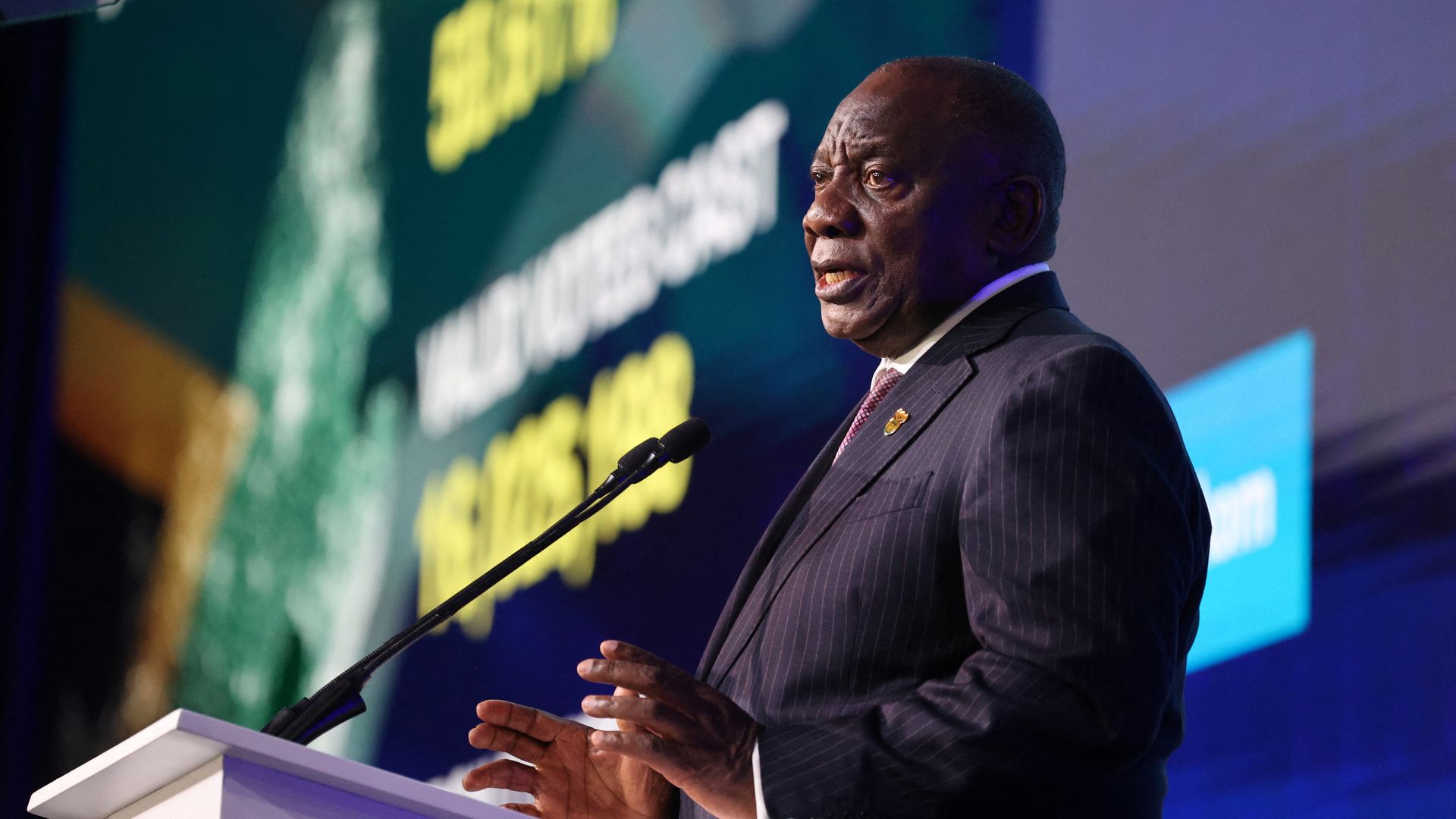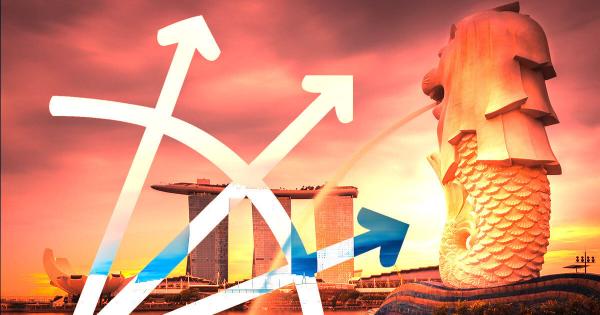South Africa is entering a new political period after the African National Congress (ANC) lost the parliamentary majority it has held for 30 years.
Official results announced on Sunday showed it had taken 40.2% of the vote in the country’s general election – down from 57.5% in 2019.
It means the party of Nelson Mandela has won 159 seats in the 400-seat National Assembly – a steep drop from the previous 230.
The ANC must now share power – a new development in South Africa’s post-apartheid history.
Its closest rival – the broadly centrist Democratic Alliance (DA) – received 21.8% of the vote.
Coalition negotiations are unlikely to be easy because the “DA has approached the ANC as the enemy over many, many years”, political analyst Oscar van Heerden said.
The people of South Africa “have spoken”, President Cyril Ramaphosa said, “whether we like it or not”.
He added: “We have heard the voices of our people and we must respect their choices and their wishes.
“The people of South Africa expect their leaders to work together to meet their needs.
“This is a time for all of us to put South Africa first.”
ANC officials admitted the party was humbled by the result but stood by Mr Ramaphosa, who was previously Mr Mandela’s lead negotiator to end apartheid.
“Did we commit mistakes?” said Fikile Mbalula, the ANC’s secretary general. “Yes, we did. In governance and everywhere else.”
The ANC’s governance over the last 10 years has “triggered a lot of discontent”, said Yousra Elbagir, Sky News’s Africa correspondent.
“There are people who are really fed up with economic inequality – the highest level of economic inequality in the world here in South Africa.”
She went on: “We [saw] young people in this election, some first-time voters who voted for change, and they certainly got it.”
Read more:
Nelson Mandela would turn in his grave at his country today
Russia weighs biggest tax shake-up in almost 25 years
Much of the damage inflicted on the ANC came from a new party, uMkhonto we Sizwe (MK), led by former president Jacob Zuma, which took 14.6% of the vote.
In the Zulu language, the party’s name means “spear of the nation” – named after the ANC’s former armed wing.
The far-left Economic Freedom Fighters (EFF), led by former ANC youth leader Julius Malema, got 9.5%.
The DA has appointed a coalition negotiating team.
Its leader, John Steenhuisen, said on YouTube: “The DA will not bury our heads in the sand, we will face up to this challenge.”
His party wants to prevent what he called a “doomsday coalition”, involving formal links between the ANC and either MK or the EFF.
The ANC has said it is open to all discussions.
“There is no party we are not going to talk to,” Mr Mbalula said.








